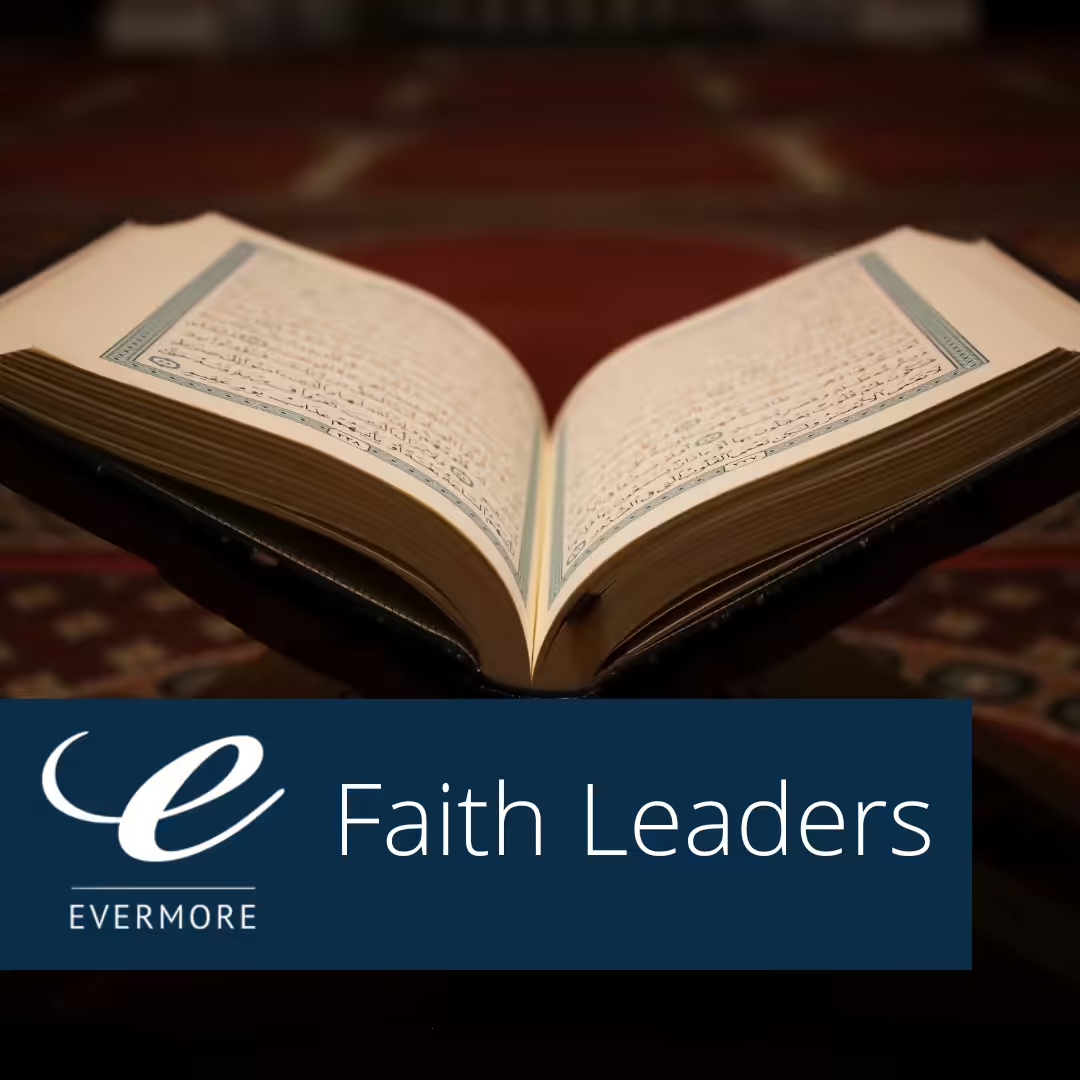Local Illinois Organizations:
Barr-Harris Children and Family Grief & Loss Center
https://barrharriscenter.org/
The Barr Harris Children and Family Grief Center provides services to recently bereaved children and parents.
Buddy’s Place
https://pillarscommunityhealth.org/services/behavioral-health-and-support-services/buddys-place-grief-support/
Family-based support groups to children and teens ages 4-18 and their families who are grieving the death of someone significant in their lives.
Cancer Wellness of Northbrook
https://www.cancerwellness.org/
Cancer Wellness of Northbrook offers bereavement counseling and support groups for those who have lost a loved one to cancer.
Center for Grief Recovery
https://griefcounselor.org/
Center for Grief Recovery provides an ongoing support group for bereaved families and individuals.
Department of Behavioral Sciences at Rush University
https://www.rush.edu/services/conditions/bereavement
Department of Behavioral Sciences at Rush University offers specialized bereavement counseling services and also offers a perinatal bereavement support group for women who have experienced a miscarriage.
Edward-Elmhurst Health
https://www.eehealth.org/services/pregnancy-baby/resources/
Edward-Elmhurst Health offers a SHARE program for parents who have experienced ectopic pregnancy, miscarriage, stillbirth or early infant death. SHARE meetings are on the second and fourth Tuesdays of every month from 7:15 p.m. to 9:15 p.m.
Fox Valley Hands of Hope
https://www.fvhh.net/
Fox Valley Hands of Hope offers short term, individual counseling (two-three sessions) as well as two family support groups.
Gilda’s Club Chicago
https://www.gildasclubchicago.org/
Gilda’s Club offers support for those who have lost a loved one to cancer.
Greater Illinois Pediatric Palliative Care Coalition
https://www.gippcc.org/
GIPPCC strives to increase access to compassionate, quality pediatric palliative care programming and bereavement support throughout the state of Illinois.
Heartlight Program at the Lurie Children’s Hospital of Chicago
https://www.luriechildrens.org/en/patients-visitors/resources-support-services-for-families/bereavement-support/
Heartlight Program at the Lurie Children’s Hospital of Chicago offers support groups for families who have lost a child and offer support groups for both Spanish and English speakers.
Jewish Healing Network of Chicago
https://www.jcfs.org/our-services/jewish-community-programs/illness-loss-grief
Jewish Healing Network of Chicago offers bereavement workshops, community programs and pastoral counseling.
Kids Above All – Camp Sheilah
https://www.kidsaboveall.org/
To build better lives for children and families impacted by poverty, violence, and injustice.
Lightways Hospice and Serious Illness Care
https://www.lightways.org
Lightways provides a sense of guidance, a moment of comfort, and the powerful positivity of light to anyone grieving the death of a loved one.
LOSS (Loving Outreach to Survivors of Suicide)
https://www.catholiccharities.net/GetHelp/OurServices/Counseling/Loss.aspx
Loss is a support group for survivors of suicide and those who have lost a loved one to suicide. They provide a safe, non-judgmental environment where survivors of suicide can openly talk about feelings and experiences and also help you to find community, direction and resources for healing.
Loyola Medicine Hospice
https://www.loyolamedicine.org/hospice
Loyola Medicine Hospice offers general grief support groups that meet and allow individuals to share their stories.
Lydia Home Association
https://www.lydiahome.org/
Lydia Home Association offers individual and family counseling.
Missing Pieces
https://www.missingpiecesgrief.org/
Missing Pieces partners with Chicagoland organizations to help those who have experienced the loss of a child find needed resources to navigate their grief journey.
My Heartlinks Grief Center
https://www.myheartlinks.com
At Heartlinks, you can connect with others who understand and counselors who can help you find ways to cope and ways to grow your hope.
Northern Illinois Hospice and Grief Center
https://northernillinoishospice.org/grief-healing/
Northern Illinois Hospice and Grief Center believes that no single way of grieving applies to everyone, you may find comfort in knowing that help is available in a variety of ways, including personal visits, support groups, newsletters, phone contacts, and various mailings and letters.
NorthShore University Health System Hospice Program
https://www.northshore.org/hospice/hospice-services/bereavement-grief-counseling/
NorthShore University Health System Hospice Program offers general bereavement support groups.
Northwestern Hospital, Palliative Care & Home Hospice Program
https://www.nm.org/conditions-and-care-areas/palliative-medicine-and-supportive-care
Northwestern Hospital, Palliative Care & Home Hospice Program provides education based groups for adults who have lost another adult that meet for three-hour sessions during the day or evening.
Orland Park Church
https://www.orlandchurch.com/
Orland Park Church offers a support group for mothers to help them through the grief process of losing a child. The group meets the fourth Wednesday of each month at 1:00 p.m.
Rainbow Hospice and Palliative Care – Good Mourning Program
https://rainbowhospice.org/grief-loss/support-for-children-and-families/good-mourning/
Rainbow Hospice Bereavement Intake Line provides counseling services, support groups, and workshops to help bereaved families and individuals. The Good Mourning program is a children’s bereavement program that has served thousands of children through advocacy, support services and special events.
SIDS Alliance of Illinois
https://www.sidsillinois.org/
SIDS Alliance of Illinois offers a support group in Chicago that meets the third Monday of each month from 5:00 p.m. to 6:30 p.m. for parents who have lost a child to Sudden Infant Death Syndrome (SIDS).
The Haven Network
https://www.thehavennetwork.org/
The Haven Network is an independent Christian ministry offering life-affirming services, providing emotional, spiritual and practical support for families who have experienced the death of a baby through miscarriage, stillbirth, ectopic pregnancy, SIDS and early infant death and families who are facing a terminal diagnosis of their pre-born or newborn baby.
University of Chicago Comer Children’s Hospital
https://www.uchicagomedicine.org/comer
University of Chicago Comer Children’s Hospital provides support groups for children, teens and their adult caregivers.
Willow House
https://willowhouse.org
The mission of Willow House is to develop and provide supportive services for children, teens, families, schools and communities who are coping with grief and the death of a loved one. They focus on families and kids age 3-18 and have support services for suicide loss as well as school programs in many low income areas.

